The three giant pandas living at the Smithsonian's National Zoo here are all healthy, according to Chinese and U.S. experts.
The health conditions of Mei Xiang, Tian Tian, and Xiao Qi Ji are good, said visiting Chinese giant panda expert Wei Ming from China Conservation and Research Center for the Giant Panda in southwest China's Sichuan Province during an interview with Xinhua this week, who has been working with the zoo's giant panda team since early April.
Mei Xiang, a 24-year-old female, and Tian Tian, a 25-year-old male, are both seniors and suffering common diseases like arthritis and high blood pressure like other giant pandas of this age.
Wei said those conditions are well taken care of thanks to the zoo's professional treatment and will continue to be closely monitored by the keepers and veterinarians.
Mei Xiang and Tian Tian routinely receive a cold-laser treatment, which increases the blood flow to help ease the symptoms of arthritis, curator of giant pandas Michael Brown-Palsgrove said.
"After they get it, we see that they're moving around more easily," the curator told Xinhua at the giant panda exhibit of the zoo. And they eat better after they had the treatment because their shoulders are feeling better since they have to do much lifting to eat.
The giant panda team also monitors their blood pressure once a week, periodically collects their blood samples, and conducts ultrasound exams for them about every month to six weeks.
Xiao Qi Ji, a male cub that Mei Xiang gave birth to in the summer of 2020 among the four surviving cubs, weighs about 100 kg and has been living independently for about eight weeks.
"He's the largest cub at this age that we've had here so he's very healthy as well," Brown-Palsgrove said, portraying the cub as "very independent but yet still playful."
"He is very confident in moving through his space and also really loves his keepers. He'll see the keepers and he'll run back to say hello," said Brown-Palsgrove.
Wei said giant pandas are solitary animals and cubs generally separate from their mothers when they are between 18 months and two years old.
Xiao Qi Ji, according to the Chinese giant panda expert's judgement, has fully adapted to living on his own with the amount of activity and food consumption in line with his age.
Mei Xiang and Tian Tian came to live at the Smithsonian's National Zoo and Conservation Biology Institute, located in northwest Washington, D.C., in December 2000.
Brown-Palsgrove said it is "so exciting" to be part of the efforts to conserve giant pandas and "share this win together" with colleagues in China.
"It's so exciting to have a species that we feel like we're saving," Brown-Palsgrove said. "We've made such inroads in our conservation. The numbers have increased in the wild."
Giant pandas are loved by people across the world, Wei said, adding that it needs collaboration and partnerships to learn more about the species so as to better protect them.













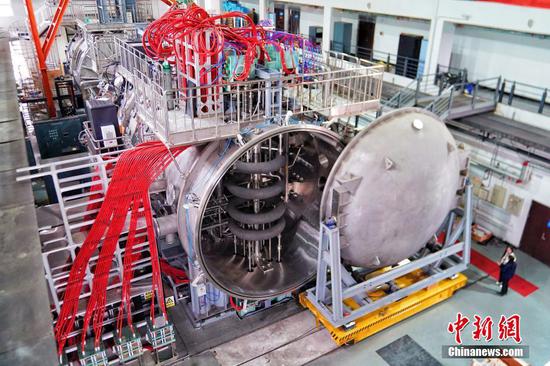









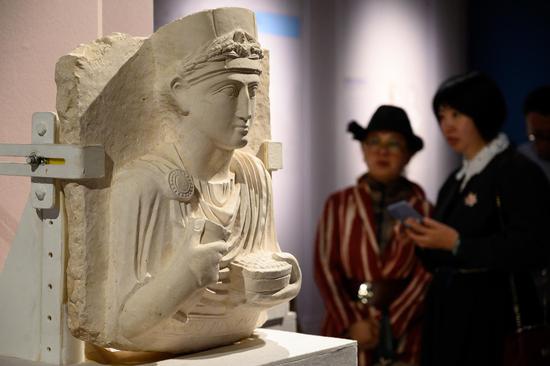



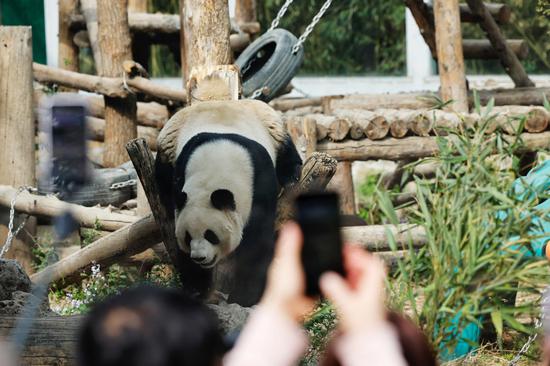



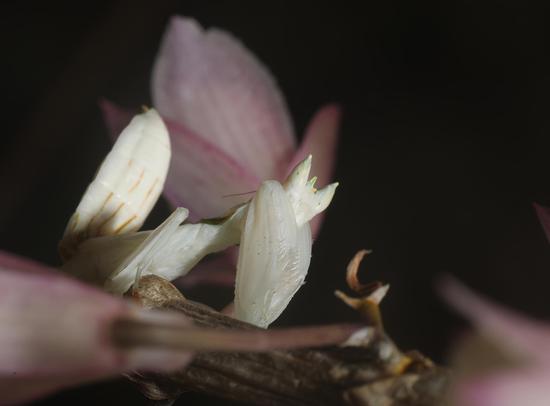






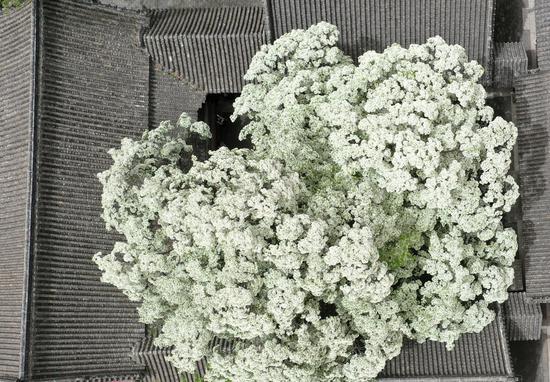


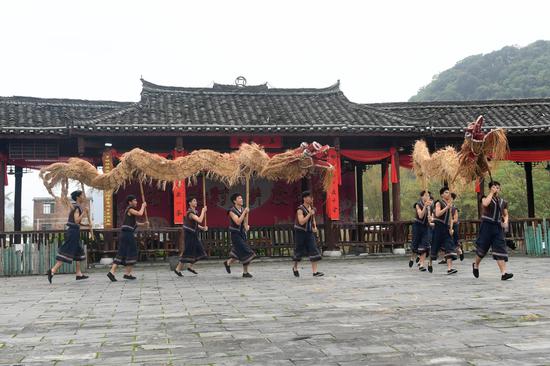








 京公网安备 11010202009201号
京公网安备 11010202009201号